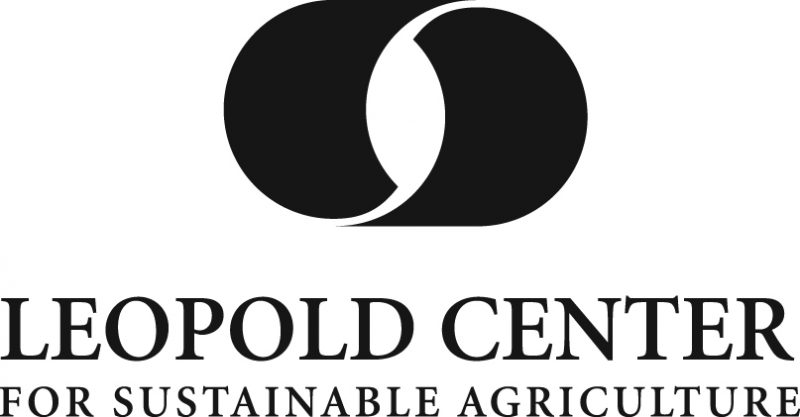November 19-20, 2019 – Graduate Hotel, Minneapolis, MN
THEME – Over, Under, Through to CLC:
Strong partners, new allies, and fresh perspectives moving continuous living cover (CLC) farming forward
Click here for the GLBW 2019 Conference Summary Report
Click here for Conference Agenda
Conference Recap Video
The way we farm can be the solution to big challenges – climate, water, wildlife, vibrant rural communities.
*Shown here is the Main Street Project farm, Northfield, MN 
DAY 1: Tuesday, November 19
Keynote:
Toward a resilient agriculture. The Vision is Easy: Are “We” Willing?
- Ricardo Salvador – Union of Concerned Scientists, Food & Environment Program Director and Senior Scientist
- The video above shows the slides Dr. Salvador presented with a voice over – a big thank you to Jacob Grace for this!
- Here is the Full set of prepared slides without voice over. Note that Dr. Salvador did not present all of these slides at the conference.
- Given that a resilient agricultural system requires re-design of today’s practices and policies, it is important to first understand the circumstances that led to the present system. On the basis of historical and economic analysis, this meditation makes the case that the current system is above all a social enterprise that reflects the values and worldview of centuries past. To effectively create a system that improves on the present one, which extracts and concentrates wealth, it is therefore essential to acknowledge that the fundamental shift necessary is only secondarily about field practices, technology and markets, and primarily about social values and worldview.
Taking Stock.
What are the data telling us about where we’ve been, where we are, and where we’re going?
- Click here for slides
- Steve Morse – Minnesota Environmental Partnership, Executive
Director
- Steve Morse – Minnesota Environmental Partnership, Executive
How are we doing on State Nutrient Reduction Strategies?
- Progress Toward Living Cover Goals in Minnesota’s Nutrient Reduction Strategy
- Dave Wall– Minnesota Pollution Control Agency, Environmental Research Scientist
- Measuring Implementation Progress of The Iowa Water Nutrient Reduction Strategy
- Will Myers – Iowa Department of Agriculture and Land Stewardship, Field Services Bureau Chief
What are we learning from the climate data?
- Quantifying Soil Heath, Carbon Sequestration, and Greenhouse Gas Emissions
- Dr. Michelle Wander – University of Illinois Urbana Champaign, Director
- Grasslands, Climate and Cattle: It’s Complicated
- Mark Rasmussen – Leopold Center for Sustainable Agriculture, Director
Agroforestry as a Transformative Solution to Address Complex Future Challenges
- Agroforestry has been promoted as a set of practices for integrating trees and
shrubs with crops and/or livestock, often as small isolated plantings. But our
precarious future requires a broad transformative landscape solution. We face
unprecedented challenges to feed a growing population, protect our limited
resources, and adapt to variable and extreme climate conditions. To address
these challenges, the purposeful deployment of productive polyculture “systems”
of trees and shrubs could first be accomplished on marginal lands and through
early adopters. These agroforestry sites would later serve as the nodes of
diffusion across the broader landscape, as policy and market drivers are forced
to adjust to changing conditions. - Click here for slides
- Sarah Lovell – University of Missouri Center for Agroforestry, Director
Voices From the Farm, Reflecting Across Generations
Lightning Talks
- Incorporating Prairie Filter Strips into Watershed Partnerships
- Greg Olson – Sand County Foundation, Field Projects Director
- Perennial Pasture, Perpetual Pollinators and POWER
- Rob Davis – Fresh Energy, Director – Center for Pollinators in Energy
- Fall Covers for Spring Savings
- Kris Reynolds – American Farmland Trust, Midwest Deputy Director
- The Conservation Media Library: Yours to Use!
- Catherine DeLong – Soil and Water Conservation Society, Special Projects and Policy Director
- Racial and Gender Equality – Why It Matters to Food and Agriculture Organizations
- Terry VanDerPol – Land Stewardship Project, Community Based Food Systems Director
- Storing Carbon in Agricultural Soils: What Do We Need to Know?
- Jessica Gutknecht – UMN Department of Soil, Water, and Climate, Assistant Professor
Markets & Economic Drivers for Continuous Living Cover
We all know that we won’t see Continuous Living Cover cropping systems on the
landscape without a strong market pull. Learn how consumers and companies
are driving market trends in the right direction, and hear updates on how
ecosystem service markets generally and carbon markets specifically show
promise as another way to financially incentivise farmers to adopt new crops and
practices.
Market Trends: Consumers & Companies Supporting Regenerative Ag
- Kernza® as Food: How and Why the Food & Beverage Market is
Supporting Intermediate Wheatgrass- Tammy Kimbler – Cascadian Farm | Muir Glen, Associate Marketing
Communications Manager
- Tammy Kimbler – Cascadian Farm | Muir Glen, Associate Marketing
Valuing Soil, Water and Climate:
- The Grass is Greener: The Potential of Generating Ecosystem
Services Revenue Streams from Well-Managed Pasture- Jon Winsten – Winrock International, Senior Agricultural Economist
- Nori’s Carbon Removal Marketplace: Croplands Pilot Experience
and Opportunities for Changing the Landscape- Ryan Anderson – Nori, Supply Development Lead
Continuous Living Cover Strategies – Breakout Sessions
Agroforestry
|
|
Cover Crops
|
|
Perennial Biomass
|
|
Perennial Forage
|
|
Perennial Grains
|
|
Silvopasture
|
DAY 2: Wednesday, November 20, 2019 Morning
Caring for the Ecosphere
- Click here for slides
- Aubrey Streit Krug – The Land Institute, Director of Ecospheric Studies
Allies for CLC Breakout Sessions
- We heard from teams of partners from many sectors and perspectives coming
together to create change on the landscape. Who are the partners? How did
these partners find each other to begin with? What was the glue that made the
partnerships stick? Did any initial partners fall away? What have some of the
challenges been in bringing different perspectives together? We got new tips, tools
and inspiration with candid assessments of what makes these partnerships tick
and how they’re ultimately getting traction on the ground.
Grasslands 2.0
|
|
Ingredients for Healthy Soil Partnership
|
|
Performance Based Conservation: A Pilot-Study in the Milwaukee River Basin
|
|
Target Drinking Water: Partnerships for a Diversified Agricultural Landscape
|
|
Allies Changing Systems:
A Small Scale Agricultural Model Transforming Land, Water, Production
- The establishment of the Main Street Project farm outside of Northfield, MN, is a hopeful example of how the vision of a perennial production system can be embraced, supported, and realized with the help of other system actors and enthusiastic, consequential partners in transforming the landscape. Learn about the three-year transition of a conventional row crop operation on 100 acres to a collaborative project with three landowners and Dakota County to restore site hydrology, introduce perennial vegetation, and implement a regenerative agricultural operation.
- Click here for slides
- Julie Ristau – Main Street Project, Executive Director
- Wyatt Parks – Main Street Project, Co-Farm Manager
- Al Singer – Dakota County, MN, Land Conservation Manager
- Paula Westmoreland – Ecological Design, Founder and Designer
- Lindsay Rebhan – Ecological Design, Co-owner
Thank you to our conference sponsors!
Mississippi Basin Sponsor:
Forever Green is composed of teams of researchers, farmers, food product developers, and entrepreneurs from all aspects of the agricultural supply chain whose goal is to develop and promote the use of new crops that enhance water and soil quality. Each of the new agricultural enterprises require a unique strategy for implementation. The Forever Green team is focused on ensuring that these enterprises strengthen Minnesota’s economy while protecting water, soil, and other natural resources. Partners include: Green Lands Blue Waters; University of Minnesota Extension; Center for Integrated Natural Resources & Agricultural Management; Minnesota Institute for Sustainable Agriculture; USDA Agricultural Research Services.
Landscape Sponsors:
|
|
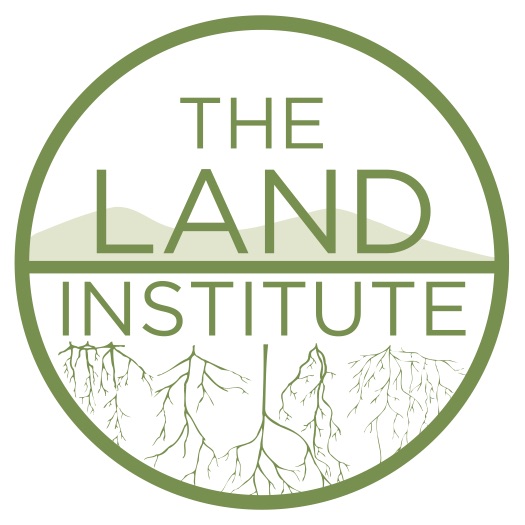 |
Farm Sponsor:
 |
  |
Field Sponsors:
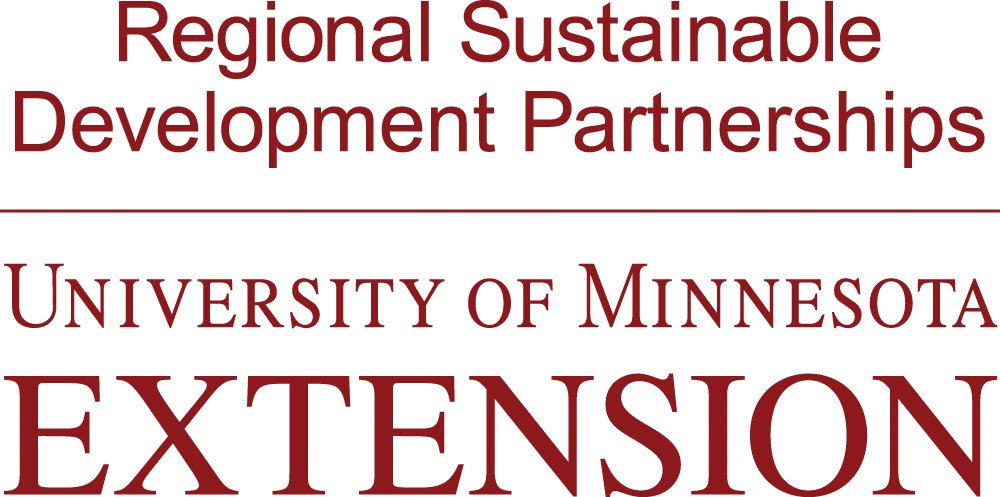 |
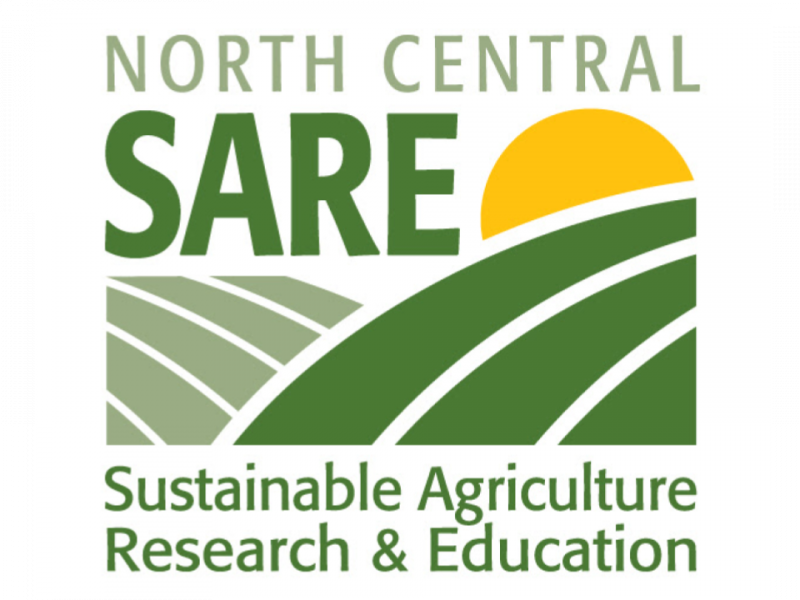 |
Acre Sponsors:
 |
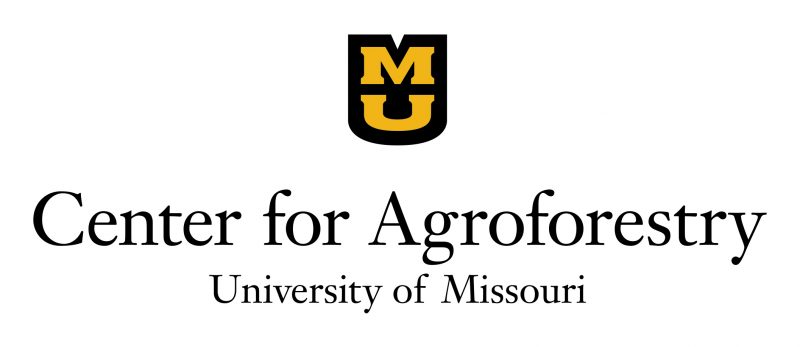 |
 |
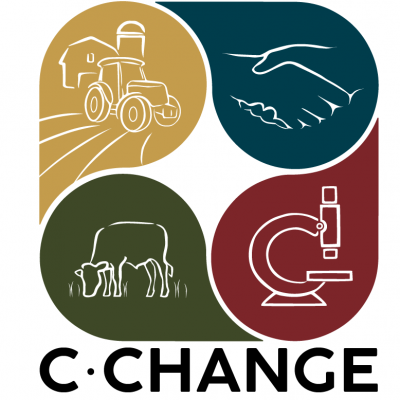 |
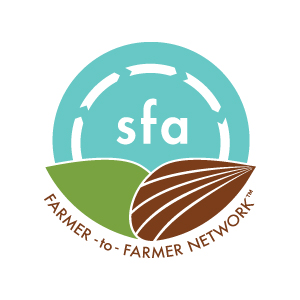 |
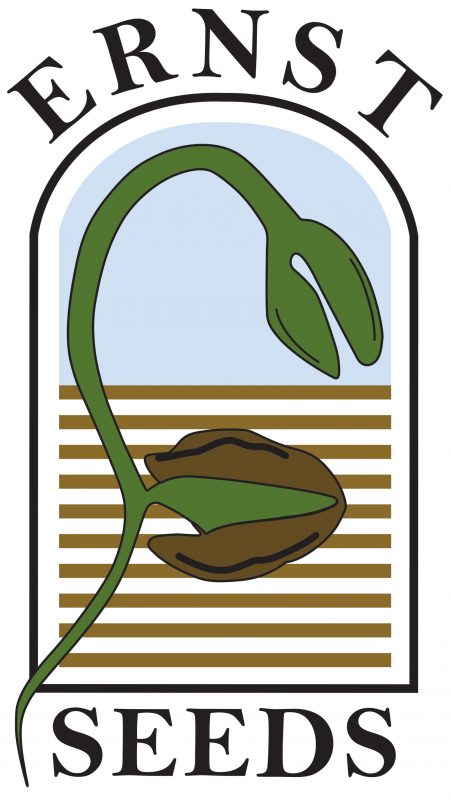 |
 |
 |
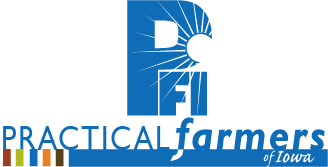 |
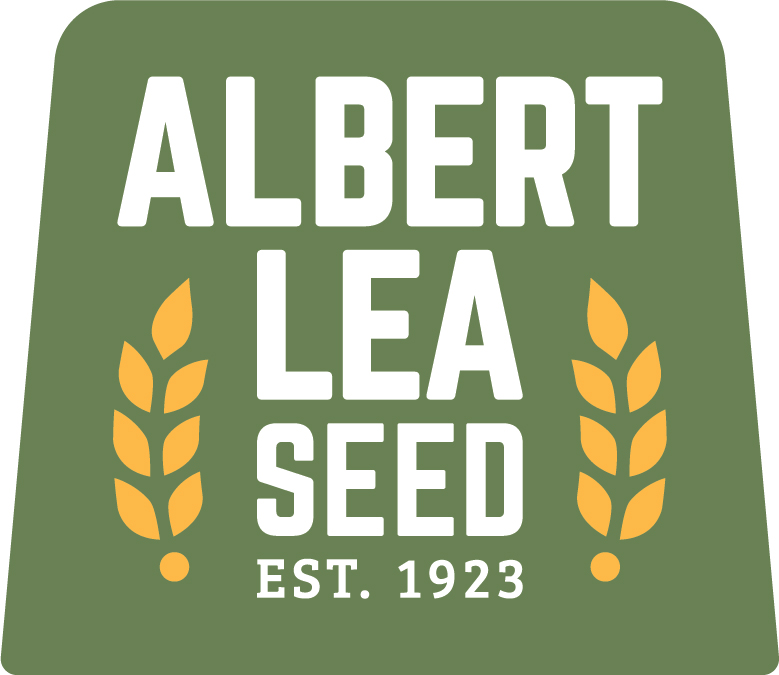
|
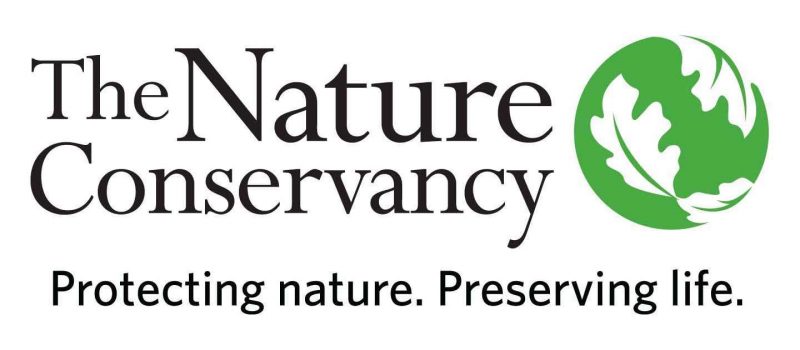 |
 |
In Kind Sponsors:
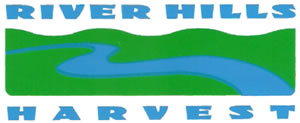 |
 |
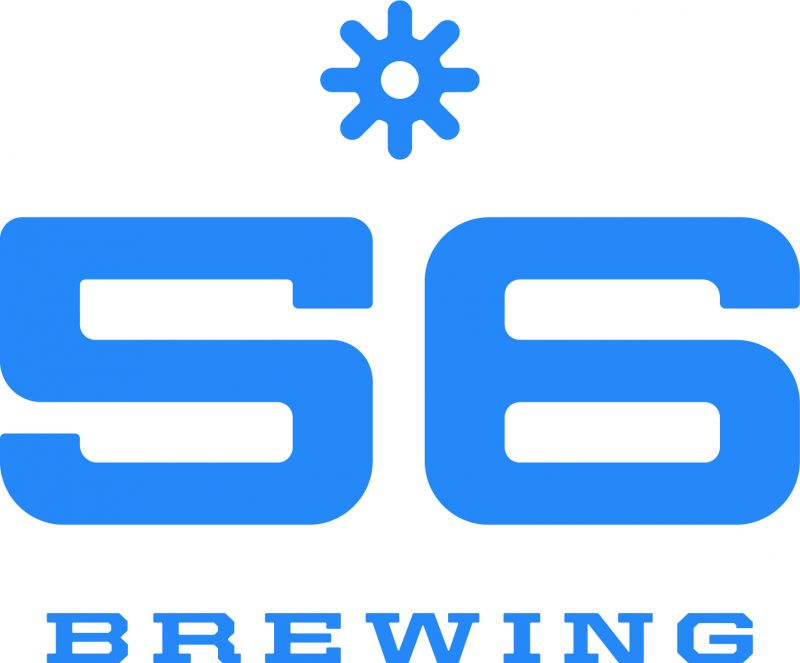 |
 |
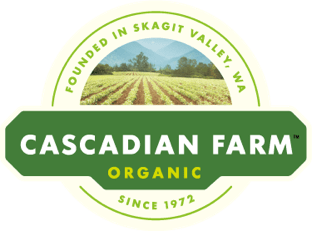 |
 |
 |

